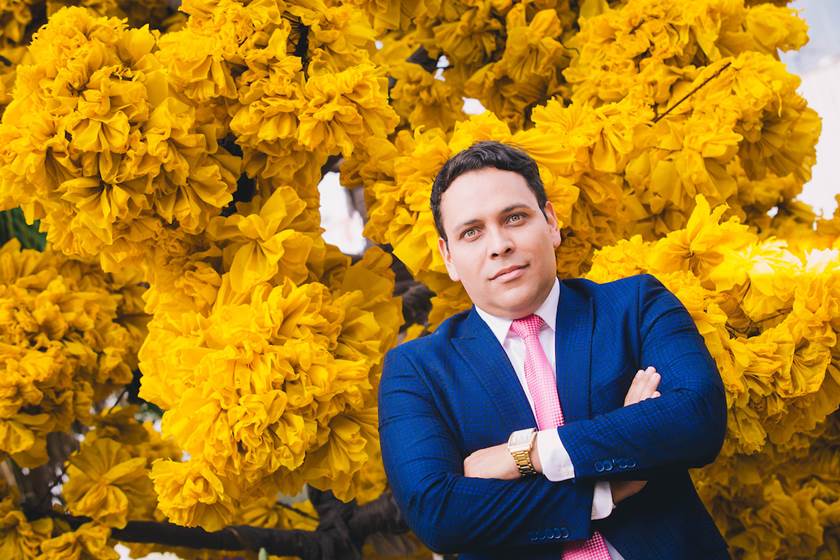RIO DE JANEIRO, BRAZIL – Science is not doing well in Brazil and this is reflected in the country’s two main development agencies.
The Coordination for the Improvement of Higher Education Personnel (CAPES) has frozen at least 8,692 master’s and doctoral fellowships, while the National Council for Scientific and Technological Development (CNPq), no longer knows if it will be able to fund some 80,000 grantees by the end of the year. Both institutions have no assurance that they will manage to pay new fellows as of 2020.

The stalemate has been described as a “blackout” in Brazilian science and is worrying experts. Some of them believe that the situation is likely to drive scientists out of Brazil to work in foreign institutions.
To analyze the issue, Sputnik Brazil interviewed Rodrigo Lins, a journalist, writer and university professor. Lins is conducting a study on the exodus of highly qualified labor from Brazil.
The professor, who lives in the United States, is studying the so-called “internationalization of professional careers” through data from the Federal Revenue Service.
The most recent data from CAPES show that in 2015 there were 49,735 professionals leaving Brazil in search of opportunities in foreign universities. The main destination countries were the USA, with 17,517 researchers, France, with 4,265 researchers, and Germany, with 4,136.
Although there are no figures released regarding 2019, Lins believes that the “brain drain” has increased.
“We still don’t have an exact estimate of how many researchers will return to Brazil after these cuts. What we know is that the number of professionals abroad has increased”, says the professor in an interview with Sputnik Brazil.
Rodrigo Lins further explains that these professionals generally seek temporary training with the prospect of returning.
“What we know is that in fact, these cuts will have an impact on this return. Several first-world countries offer visas for highly qualified professionals to stay legally, working legally in the country,” says the researcher.
Wealthy countries want Brazilian researchers who choose to stay
Researcher Rodrigo Lins also explains that wealthy countries have the means to hold on to researchers and that the Brazilian science situation should influence this process.

“These professionals, who are already a little dissatisfied with this issue of discrediting higher education, with this economic issue, will consider this return, will defer this return because they have the option to stay if they want. And of course, first world countries will not dispense with this competence, this international talent,” he says.
The university professor also believes that the Brazilian political scenario can weigh on the researchers’ decision to leave Brazil permanently.
“In addition to this cutting issue, occasionally, we have a scenario of great discontent among Brazilian professionals, particularly professionals linked to the academic world, in relation to this political conduct”, he points out.
According to the professor, this reality of cutting fellowships undermines Brazilian science, since money is invested in professionals who may leave the country due to the administration’s lack of support for science in Brazil.
“These grants cannot be regarded as an expense, they must be regarded as an investment”, he concludes.
Source: Brasil 247

